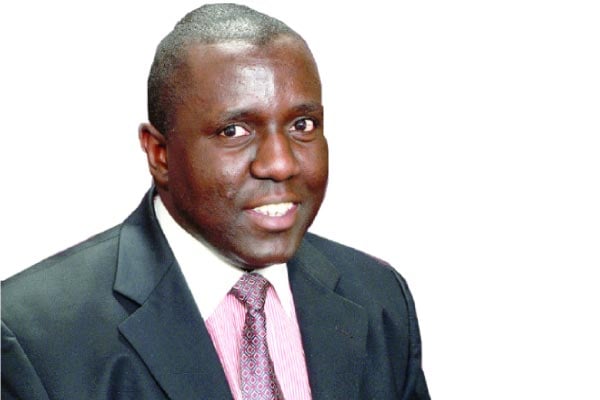Prime
EA Budget speeches elicit hope, caution and pessimism

Author: Karoli Ssemogerere. PHOTO/FILE
What you need to know:
We expected the Finance Minister to at least read part of his budget speech in Swahili. Cabinet is now a year long in one hour instruction in Swahili. But maybe behind the scenes, the weary Finance Minister had gotten wind of the news that the mabaati investigation was over.
The fanfare of budget day, the euphoria of the red box, pomp and so on that accompany this day is now a relic of the past. The old budget speeches were read mainly for the benefit of a small elite, the business community and donors.
Some popular bread and butter issues also came in the form of price announcements in the days of the state-run economy where prices increased with effect from midnight.
Sugar, salt, kerosene were hoarded waiting for the Finance Minister to fix prices. Wages in the public sector also awaited the Minister of Finance. In recent memory, the activities of the Uganda Revenue Authority were conducted by ministerial committees which set rates of taxation in their respective sectors.
The Commissioners of Revenue and Customs were coordinating offices in the Ministry of Finance. The contours of the modern administrative regulatory state have been defined ever since, centralizing all government income and expenditure measures at the center. So is government borrowing. By the time the budget is read, all income and expenditure measures have been passed by Parliament.
On budget day, the region’s largest economy, Kenya read a $24 billion budget, Tanzania, the region’s fastest growing economy read a $18 billion budget, followed by Uganda with a $12 billion budget. Rwanda’s budget clocked in at $4 billion, Burundi crossed the $1 billion mark for the first time. South Sudan and the DRC did not read their budgets on the same day, but the DRC, the EAC’s biggest member, has provisioned about $18 billion in income and expenditure measures.
Kenya in the throes of tight fiscal times, raised both direct and indirect taxes, including a VAT levy on petroleum products; and introduced a housing levy on gross income. Higher taxes and promises to retrench the public sector are a condition for IMF’s extended credit facility as Kenya braces for higher interest payments on its $70 billion foreign debt. Kenya has had a few challenges managing its foreign reserves, a deteriorating foreign exchange rate and the first few months of the Ruto administration were spent navigating an “empty” treasury; a common form of bullying when governments change hands. David Cameron inherited an empty treasury from Gordon Brown in 2010.
Tanzania’s budget speech, “bajeti ya Sheria 2023/2024” was an artistic performance.
The Finance Minister strode into the parliamentary chamber and read the budget speech amidst repeated foot stamping. It’s an election year budget, the name of the President is mentioned every few minutes. Suluhu Hassan is preparing for the general election due in 2025. Tanzania has managed its finances conservatively, and is awash in reserves. President Ruto had Tanzania as his stop as he fought his empty treasury.
The big fights in the East African region against a backdrop of a global economic slowdown are over trade. Each country is trade-fighting the other. Kenya routinely blocks food imports from Uganda and Tanzania.
Similarly, the neighbors routinely impose blockades, to express unhappiness with their bigger neighbor. Higher production costs, higher cost of fertilizers and labor have reduced competitiveness of Kenyan milk, grain producers. Kenya sells great day-old chicks; Uganda is producing a lot of maize and milk. Tanzania produces rice cheaply and in good weather is exporting a lot of food to her neighbors.
We expected the Finance Minister to at least read part of his budget speech in Swahili. Cabinet is now a year long in one hour instruction in Swahili. But maybe behind the scenes, the weary Finance Minister had gotten wind of the news, that the mabaati investigation was over.
A few days later, ahead of the Islamic Ul-Aduha holiday, the DPP announced that no charges would be brought against 17 political leaders due to lack of enough evidence.
The Office of the DPP ahead of pay enhancement had also received an avalanche of new vehicles to “support” their work. It would be difficult in the circumstances to prosecute 3 ministers of Finance at the same time who were facilitating their work.
Mr Ssemogerere is an Attorney-At-Law and an Advocate. [email protected]




